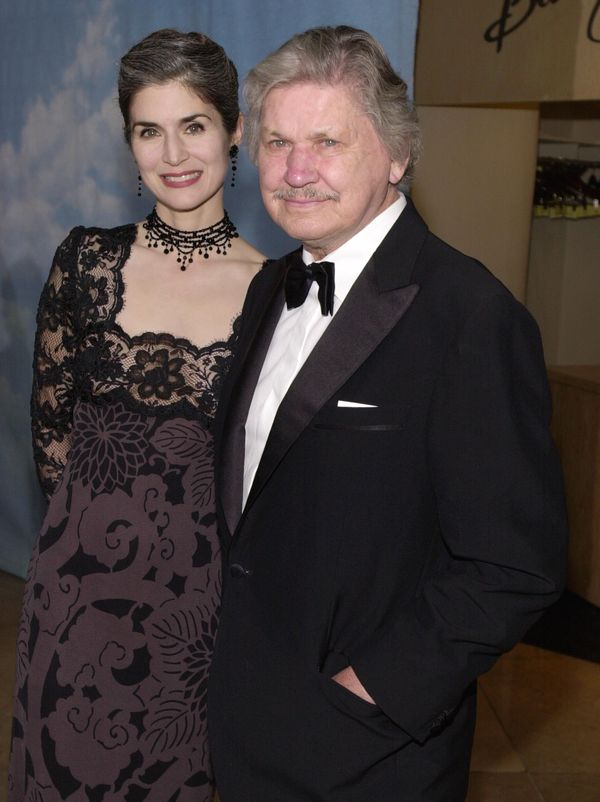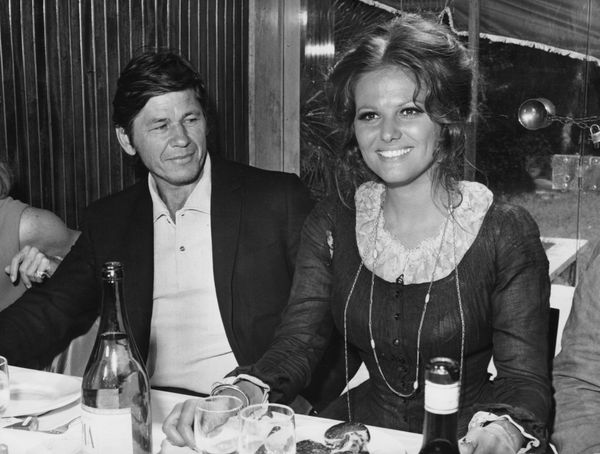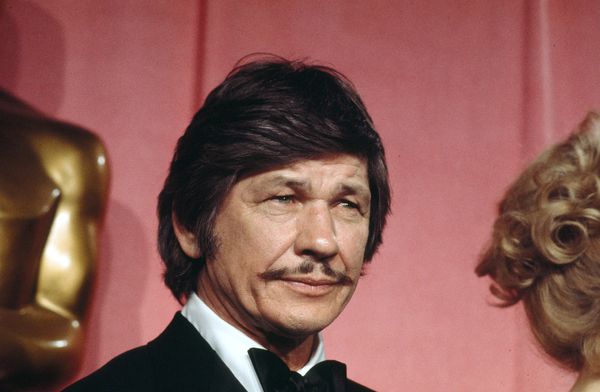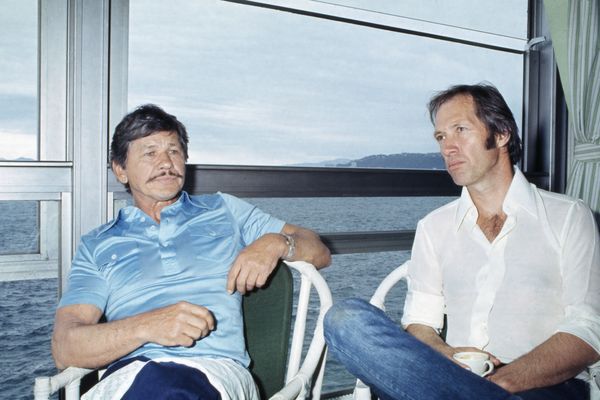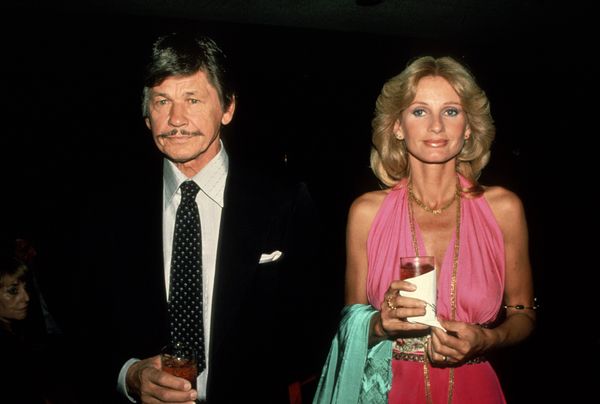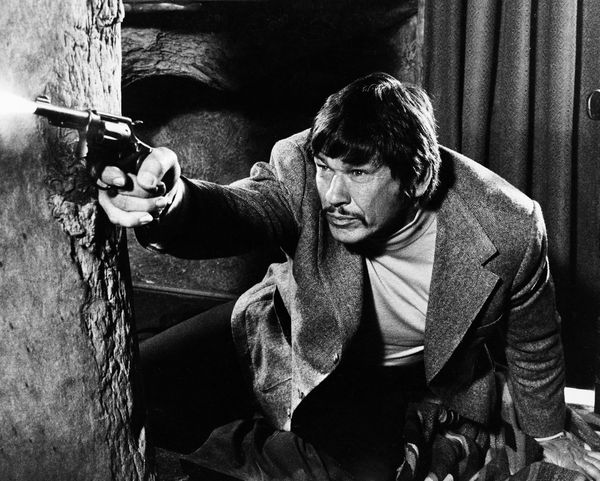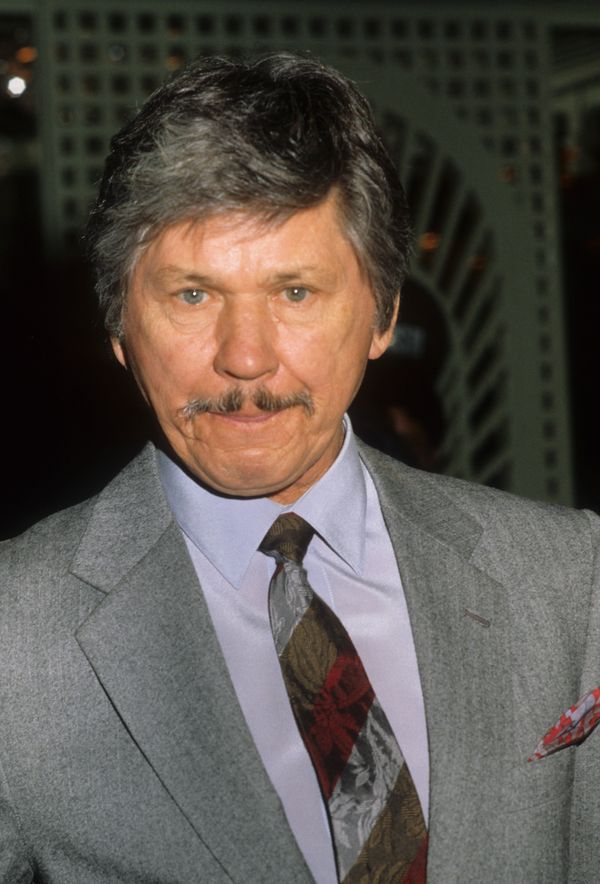Hollywood stars are often perceived as being born with a talent for fame, surrounded by glitz and glamour. But that wasn’t the case for Charles Bronson. He had a difficult childhood growing up in a coal mining community in Croyle Township, just outside Pittsburgh.
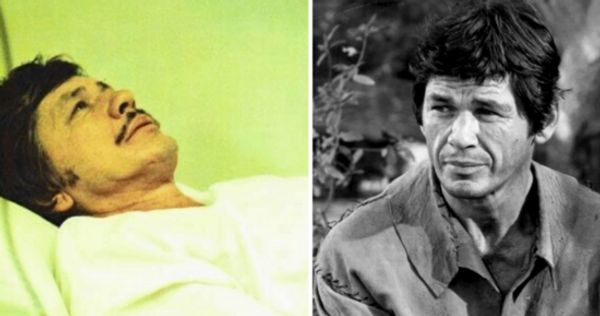
Bronson was one of 15 siblings and his family lived in a small cabin next to the coal car tracks. The poverty they faced was immense. The house was too cramped for everyone to sleep comfortably, so they had to take turns. It was a tough upbringing, devoid of love or any kind of physical affection. In fact, the only time Bronson’s mother touched him was when she was pulling lice out of his hair.
The town itself was dreary and devoid of natural beauty. The future looked bleak, and the water quality was poor. It’s no wonder that Bronson described his childhood as lonely and unpleasant. When his father passed away during his teenage years, life became even more challenging. He had to drop out of school and start working as a coal miner to support his family.
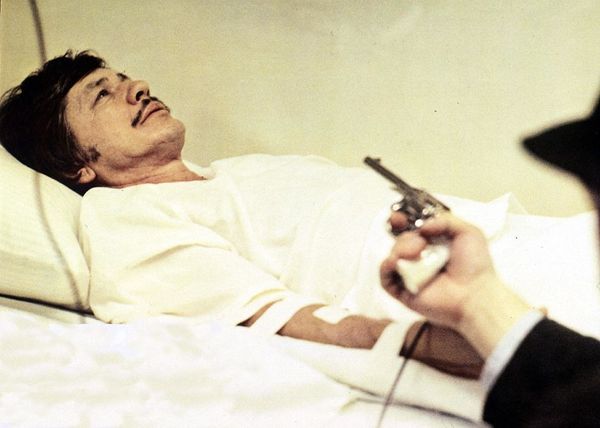
As an adult, Bronson still carried the memories of his time in the mines. The grueling labor and the constant smell of coal dust remained with him. He felt like he was always covered in black dust, born with a shovel in his mouth instead of a spoon. But more than the physical toll, working in the mines left him with a deep sense of inferiority. He believed he was the lowest form of man.
But Bronson’s life took a turn when he enlisted in the army during World War II. Finally, he could escape the gloom and rely on being fed and clothed. This chapter in his life paved the way for his career as an actor. After serving in the war, he studied art and eventually enrolled in a drama school in California.
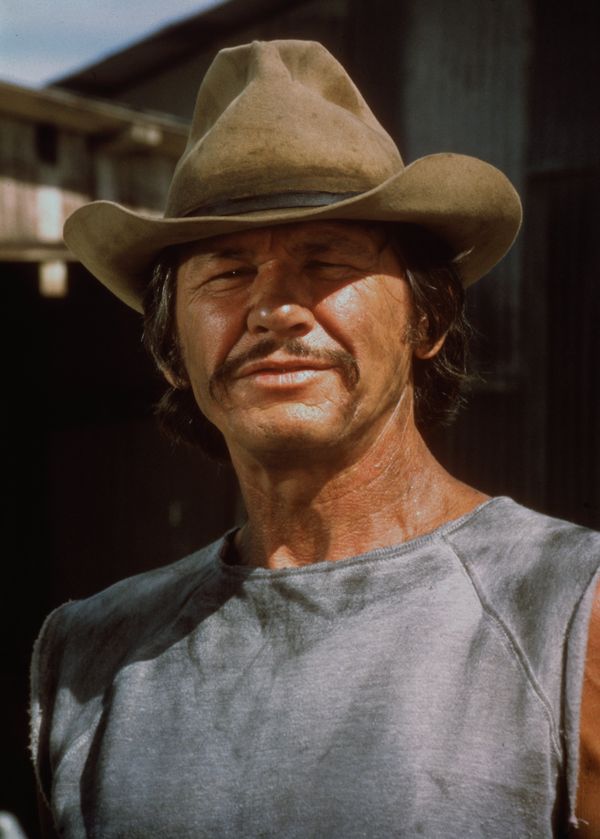
Bronson’s talent was quickly recognized, and he soon found himself cast in his first film. Although his early work went largely unnoticed, he started gaining critical acclaim for his roles in movies like “Vera Cruz” and “Machine-Gun Kelly.”
It took a while for Bronson to get used to being a celebrity. His difficult upbringing haunted him, and he was cautious around invasive or threatening people. But those who knew him well described him as open, endearing, and humorous when he was relaxed.
Bronson had three marriages in his lifetime. His second wife, popular British actress Jill Ireland, appeared alongside him in numerous movies. It was only in 1974, with his breakout role in “Death Wish,” that Bronson became a household name. The success of the film led to several sequels and cemented his status as an iconic Hollywood figure.
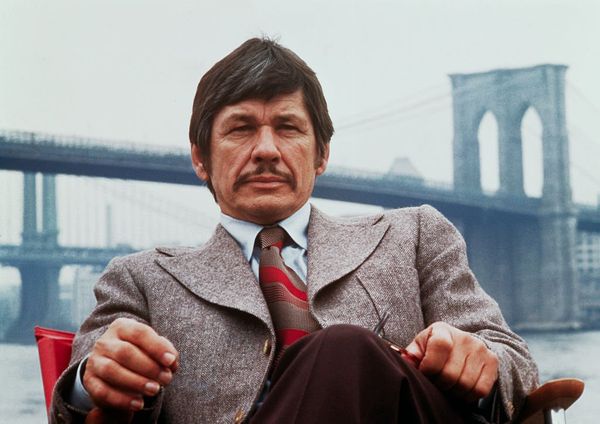
In his later years, Bronson battled Alzheimer’s disease. Despite his decline in health, he was still able to recognize his family until the end. He passed away in 2003, leaving behind a legacy of a man who overcame a troubled past to find success in Hollywood.
Charles Bronson’s story is a testament to the resilience of the human spirit. Despite a challenging upbringing and the odds stacked against him, he persevered and carved out a successful career. His journey serves as an inspiration for us all.
